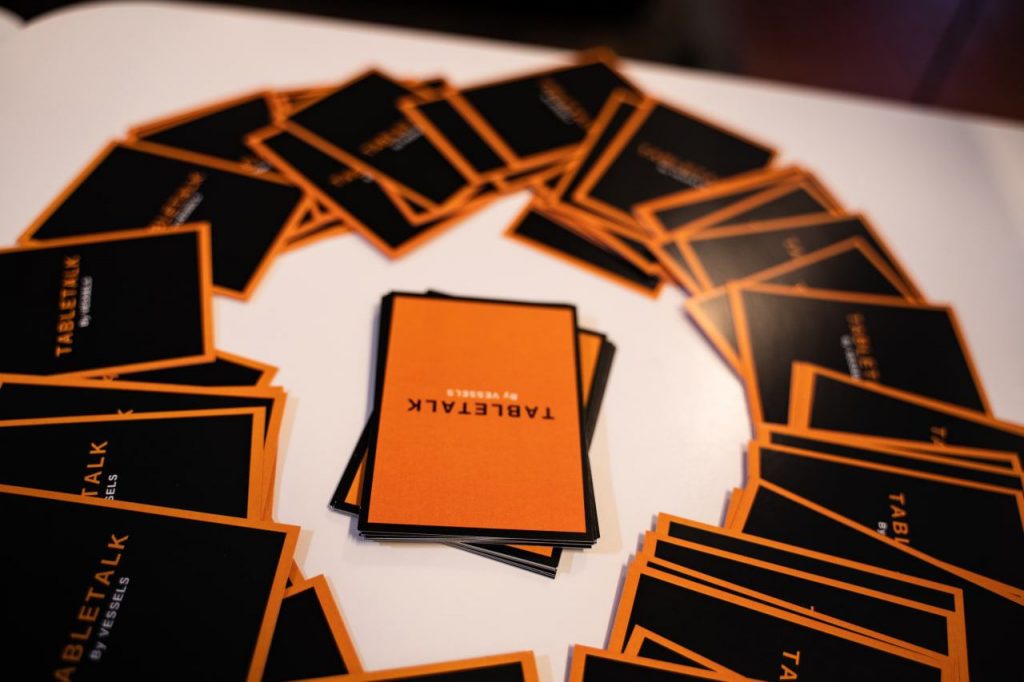KrASIA Startups is a community focused on connecting the Southeast Asia ecosystem together and creating new relationships across the region. We will provide a dynamic platform for startups to have a voice and share their valuable insights to the wider community. If you would like to share your experiences or find out more contact [email protected].
The constant struggle of coping with mental illnesses in Singapore
With one in seven people in Singapore suffering from a mental health condition at some point in their lives, the struggles of coping with such an ‘invisible’ illness have never been more pronounced—especially amidst the current pandemic-induced disruptions.
Over the years, awareness of mental health has in fact been on the rise, with many taking to social media to share their struggles, woes, and insecurities. Yet this remains a work-in-progress, as more often than not, people with mental health conditions are still (unfortunately) misunderstood and faced with stigma and judgment.
During the height of the circuit breaker period, some 23,000 people have been experiencing distress due to family tensions or dealing with disruptions and financial-related stressors. As such, the government introduced a few support initiatives—a multi-agency hotline website, MindLine as well as ramping up operations for the 24-hour national care hotline service.
Even so, it simply wasn’t enough for those who were experiencing hardships more than others.
Last month, as we celebrated World Mental Health Day on October 10, the Ministry of Health and the Institute of Mental Health established the COVID-19 Mental Wellness Taskforce to look into coordinating a nation-wide response to the pandemic-induced mental health needs of Singaporeans. While it is a positive direction towards cultivating mental wellness nevertheless, having the familial support of friends and loved ones still outweighs any other hotline service.
Make talking about mental health easier, by playing cards

Motivated by an urgent need to make conversations on mental health more unrestrained, 19-year-old Ngee Ann Polytechnic student and co-founder of Vessels, Isaiah Chia designed TableTalk—a card game aimed at generating self-reflection through a series of thought-provoking questions and actions. By answering a different question on each play card, players are encouraged to engage in exercises of self-reflection and self-awareness, all in the presence of their close circle of friends.
Before I first spoke with Isaiah over a phone call, I had reservations that such a gamified product can help people to be more self-retrospective or to have a heart-to-heart-talk (HTHT) conversation with your close friends. After all, if you’re really good friends with someone, I presumed it wouldn’t be that hard to strike a wholesome, thought-provoking conversation.
But seriously I couldn’t have been more wrong. Initiating a HTHT is more nerve-wracking than it looks, especially in an Asian household.
Asian people, as Isaiah shared with me, typically don’t find themselves talking about such intimate topics. ‘It’s not that they don’t care but it is largely due to a lack of familiarity. People don’t know how to go about doing it which makes it harder to even get the conversation going, much less start one,’ he added.
Vessels, a student-led social enterprise founded during Ngee Ann’s Global Entrepreneurial Internship Program (that aims to create safe spaces for people to express themselves through gamified conversations), did a recent survey on youths and concluded that—out of 250 respondents aged 17 to 25—a surprising 76% of these Gen Z and Millennial youths struggle to have an intimate or vulnerable conversation with one another.
On that note, recent findings from a study published by the International Journal of Geriatric Psychiatry suggest that moderate to severe cases of depression had a greater effect than loneliness on the risk of cognitive decline.
This problem of social isolation having physiological effects on one’s health is one of the main reasons that motivated Isaiah and his team to create a therapy-like card game that allows players to understand and empathize each other through the use of deliberate table talking.
Self-described overthinker and natural extrovert, Isaiah shares that he gravitates towards YouTube content that embraces the human element, through visual storytelling and intimate anecdotes. Binging such ‘wholesome content’ as he says, has inspired him to design and create the first iteration of TableTalk.
Started off by penning pensive questions on foolscap paper and adding some ‘actions’ in the initial game design, he believes that having intentional but candid and fun-filled exercises is one creative way to get people to open up and start sharing.
In launching this novel card game for youths, Isaiah hopes to re-create a safe space for his peers to express themselves by gamifying meaningful and intentional conversations.
Retrospection through sharing with friends and family, is one of many (free) coping mechanisms that has healthy, short-term cathartic effects on our mental wellness.
Allowing people to share about their personal mental health shouldn’t be that thorny of an issue, given that people are increasingly susceptible to mental illnesses during this trying period.
Treating the conversations on mental health as light-hearted as we should have, and we might very well be able to shape a more positive perception on those around us who are struggling—at least one card at a time for now.
The Vessels team behind this novel card game, TableTalk, is currently doing their fundraising campaign until November 20, 2020 on Kickstarter. If you’re keen to support Isaiah’s mission to make table talk conversations more intentional and meaningful for you and your friends, click the Kickstarter link to pledge your support now.
Written by Sherman Tham. Sherman is the Marketing Executive at Reactor School, and a Reactor Student Alumni. Reactor School was founded with one purpose—to build a space for all students to grow, learn, and create with each passing day. Through a unique teaching approach and a truly passionate staff, we help students develop academically and personally to the highest level.
